LATEST NEWS


The elephant in the room at the presidential debates was climate change. According to a piece in Slate, this year the candidates spent a total of five minutes and 27 seconds on the subject. That’s better than 2012 when candidates didn’t mention it at all.
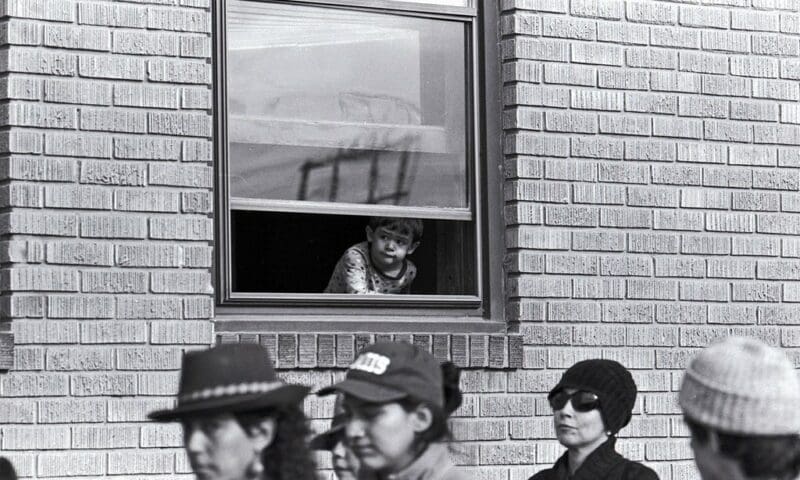

Thirty miles south of Bismarck, North Dakota, where eroded buttes rise from grassland and corn fields, the Oceti Sakowin camp appears along the winding girth of the Missouri River. Here, a story of protection, protest and cultural conflict unfolds against the desolate prairie.


The future is coming into view. Donald Trump’s victory strengthened the decades-long attack on the role of government. But we’ve got the tools to fight back, and we’re not alone.


Last Wednesday the Drug Policy Alliance, a New York-based drug-reform nonprofit, held a media conference call meant to celebrate a successful election night. Voters in eight states had legalized cannabis for recreational purposes; in several more states ballot measures cleared the way for marijuana’s medical use.


On his recently released final collection of new music, Cohen blamed God for His benighted creatures’ refusal of light: “You want it darker — we put out the flame.” Like, we’re only following orders, Boss. But in another song, Cohen shifted perspective: “Only one of us was real — and that was me.”


Playwright Rebecca Stahl’s Everything in Between may be a message play, but as such it’s a fundamentally sound one. One of its virtues is the clear picture it furnishes of the kinds of behavior exhibited by sufferers of post-traumatic stress disorder when their illness goes untreated,


One clear winner to emerge from Tuesday’s statewide election was California education. Proposition 55, the wealth-tax initiative, swept to victory with a 62 percent approval margin. Its passage will extend until 2030 Proposition 30’s emergency stabilization funding passed by voters in 2012.


With a wink to Thomas Hobbes, this year’s election season has been nasty, brutish and long. Today it comes to an end, allowing us to look back on some of Capital & Main’s best reporting on issues that affect Californians on the most fundamental levels.
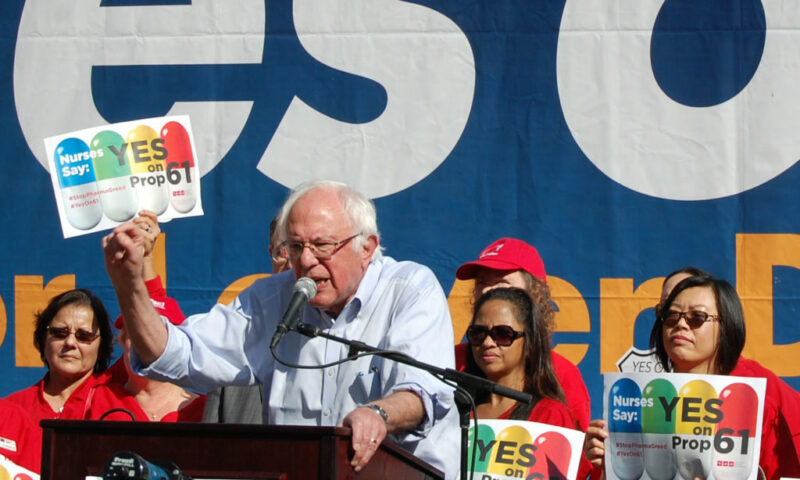
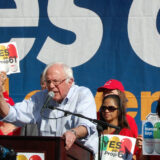
“This could be the shot heard round the world!” Vermont Senator Bernie Sanders told a Los Angeles rally held Monday in favor of Proposition 61. About 650 office workers, health-care activists and California nurses gathered that morning in Pershing Square to support the drug pricing initiative.


When Cesar Chavez led a band of farm workers on their historic 300-mile march from Delano to Sacramento half a century ago, they prominently displayed banners of the Virgin de Guadalupe throughout the line. Why? Because that image held symbolic weight far beyond any other the group could carry.


“No whining, no griping, pull yourself up by your bootstraps.” That’s how Susan Story describes the hard lessons she learned growing up in rural Alabama. Then why is the corporation she leads as chief executive officer, American Water, complaining about opposition to its plans in West Virginia?


The 24th Street Theatre has a reputation for producing quality theater suitable for everyone from 8 to 80 years old. Hansel & Gretel Bluegrass, Bryan Davidson’s compelling musical adaptation of the fairy tale about two hungry and imperiled children, is the company’s latest effort.
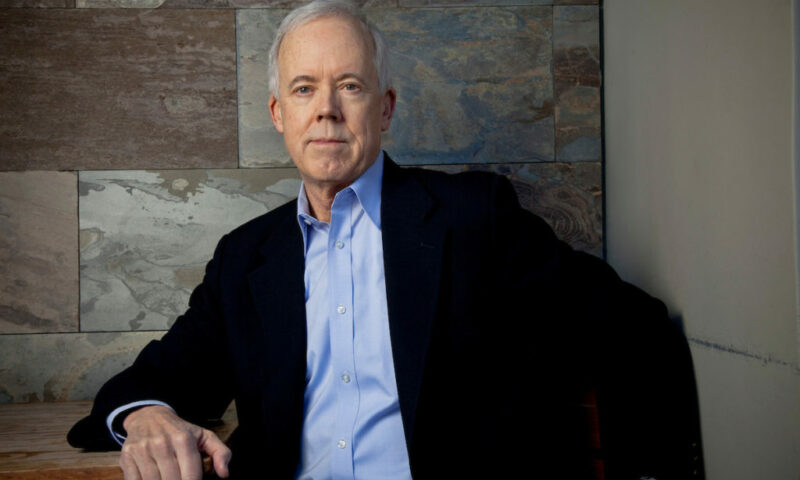
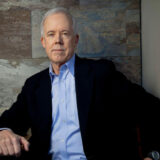
For two decades businessman Bill Bloomfield has poured millions of dollars into political campaigns, and supported George W. Bush, Rudy Giuliani and John McCain. He has also used his personal wealth to back former California Governor Arnold Schwarzenegger and the gubernatorial effort of GOP candidate Meg Whitman.
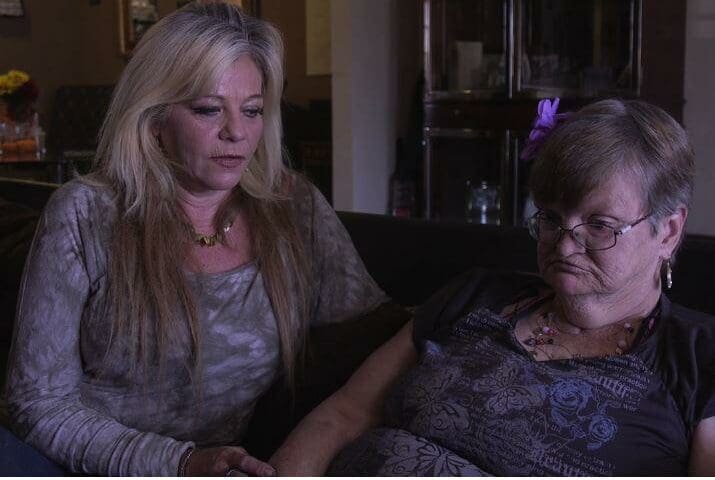

Toni Monique is an in-home caregiver who talks like a political philosopher when she is not taking care of her sister, Tonya Ginn, in Buena Park. When told that the Freedom Foundation, an organization with financial ties to right-wing billionaires Charles and David Koch, had recently moved into California to undermine her union, she got downright angry.
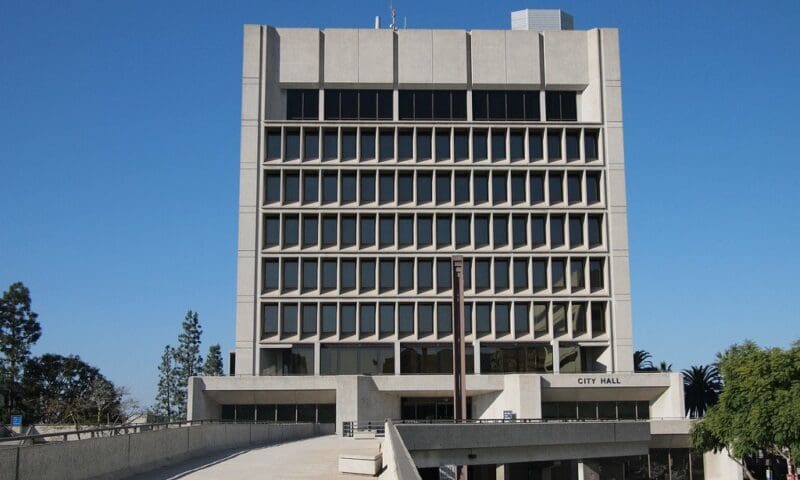

Eight months after Kisha Michael, 31, and Marquintan Sandlin, 32, were shot to death in their car, there are still no answers to why Inglewood police killed them outside a Manchester Boulevard 7-11 store sometime before 4 a.m., February 21.


Of the 17 propositions on this year’s California ballot, few are as divisive as the issue of capital punishment. There are actually two separate initiatives targeting the death penalty: Proposition 62, which would abolish the death penalty, and Proposition 66, which would speed up executions.
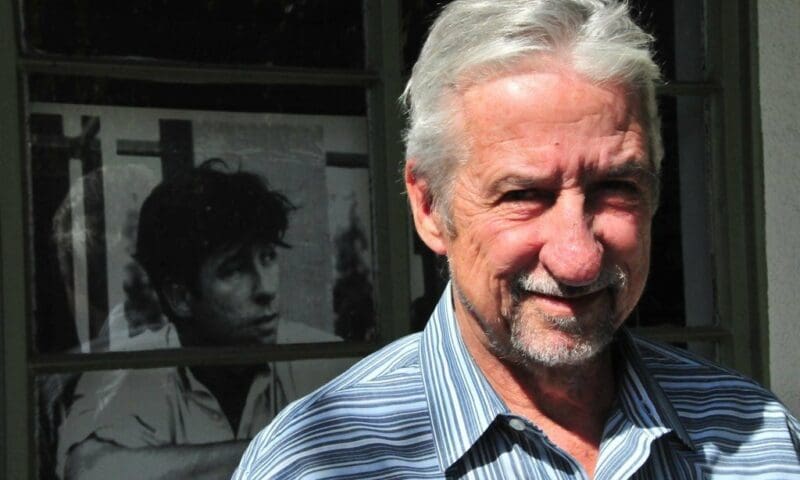

Tom Hayden was the leader of a generation that disdained leaders. A thinker who could articulate the agonies of young dissenters to the larger world in plain English and a life-long activist who believed that Americans could move our country towards increased justice and fairness.


Tennessee Governor Bill Haslam, whose family owns the Pilot Flying J chain of truck stops, has refused to release his tax returns since running and being elected in 2010. It wouldn’t matter so much if Haslam were your run-of-the-mill governor. But he’s the country’s richest politician, with a net worth of $2 billion.


Beginning October 27, the Latino Theater Company will host a program by the New York-based experimental company, Theater Mitu, entitled Juárez: A Documentary Mythology. The piece is based on raw interviews of the residents of El Paso, Texas and Ciudad Juárez , Mexico, who tell what it’s like to live and work in a city with a reputation as the “murder capital of the world.”


A four-month pilot program to control and confirm medical cannabis from Humboldt County began August 1, and will be extended another month through the end of the year. The program, dubbed “track and trace,” involves growers, manufacturers and dispensers in compliance with Humboldt’s Medical Marijuana Land Use Ordinance.